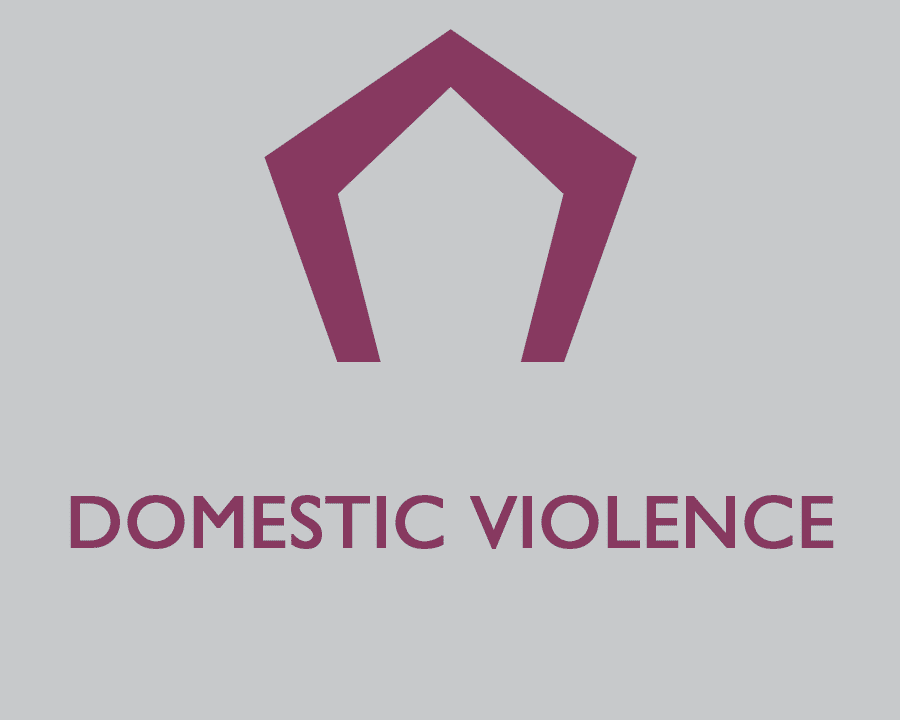(256) 284-7600
200 W Tennessee St, Florence, AL 35630
EMAIL US
If you are in immediate danger
dial 911
Sexual Assault and Sexually Transmitted Diseases
Sometimes a survivor can contract a sexually transmitted disease during the assault, but not have symptoms until months later.
Many people are concerned about HIV infection after surviving a sexual assault, and it is important to know the facts. Any contact between your bodily fluids (including blood and semen) and the bodily fluids of an HIV-positive person puts you at risk of contracting HIV. Although repeated contact with HIV is usually necessary for infection, always consult a physician if you think you may have been exposed to any sexually transmitted disease.
What Can We Do?
-
Recognize that men and boys are sexually assaulted.
-
Be aware of the biases and myths concerning sexual assault.
-
Recognize that harmful sex-role stereotypes which create narrow definitions of masculinity, as well as misconceptions about homosexuality, make it difficult for male survivors to disclose when they are raped.
-
As individuals and as a community, we must work to combat and challenge these attitudes.
-
It is important that male rape survivors have support around them, and that they be able to make their own decisions about what action to take.
Male Survivors of Sexual Assault
Can men be sexually assaulted?
Yes. Rape and sexual assault can happen to anyone, including men. Thousands of men are sexually assaulted and raped every year, and it has nothing to do with their race, class, age, religion, sexual orientation, size, appearance, or strength. A man can be sexually assaulted by a stranger, a family member, or someone he knows and trusts. Even though male sexual assault remains vastly underreported, the US Department of Justice documents more than 13,000 cases of male rape every year.
What should I do if I am raped or sexually assaulted?
First, go to a safe place immediately, then do the following:
Tell someone who will help and support you.
Call a trusted friend, family member, and/or rape crisis hotline. Call 1-800-656-HOPE (4673) to be connected to a rape crisis center for free confidential assistance 24 hours/day. They can offer options and help you identify what is best for you. You may also contact OnePlace of the Shoals for assistance.
Seek medical care.
Your safety and health is important. A doctor or nurse can check for injuries that may not be visible and can treat you for possible sexually-transmitted infections. Hospital staff may also perform a sexual assault exam to collect evidence. This exam can be completed even if you choose not to involve the police and file a report at this time. You may also elect to go to your own family care physician for medical assessment and treatment. Medical professionals are not required to call law enforcement because an adult patient they are treating has been sexually assaulted (if the victim is a minor, they will have to call the police).
Consider a sexual assault examination.
If you think you might want to have a sexual assault examination, do your best to preserve evidence. Do not shower, bathe, eat, drink, wash your hands, or brush your teeth, until after you have had the exam. If you believe you were drugged, wait to urinate until you arrive at the hospital. However, if you can't wait, collect your first urine in a clean container with a lid, and take it to the emergency room or police station with you.
Consider reporting the assault to the police.
It is your choice to report the rape. For the quickest response, call 911 to be connected to the nearest police department. For investigative purposes, the sooner you report the rape the better. If you choose not to report the assault immediately, you can still do so at a later time. You may have a sexual assault examination to collect evidence, even if you choose not to involve the police or file a report at this time. Evidence will be stored for you for at least two years.
What are typical reactions during or after a rape or sexual assault?
Sexual assault and rape are traumatic experiences. Sometimes a man who is sexually assaulted or raped has an involuntary or forced erection or ejaculation. Also, muscles in the anus often relax when a man is raped. This does not mean that the survivor wanted to be raped or sexually assaulted. Involuntary erections and ejaculations are normal reactions to stimulus, including pain and physical manipulation.
Most of us grow up thinking that rape happens only to women. If male rape survivors think so too, they may feel isolated and alone. If people in our community believe that, they may further this sense of isolation on the part of male rape survivors.
Men usually share many of the same feelings of female sexual assault survivors. They may have feelings of:
-
Guilt
-
Powerlessness
-
Shock
-
Anger
-
Fear
-
Disappointment
There may also be denial and/or hyper-concern regarding their safety.
There are, however, special issues that may be different for men:
-
Concerns about sexuality and/or masculinity
-
Medical procedures
-
Reporting to law enforcement
-
Telling others
-
Finding resources and support
Facts about Men and Rape
• Men are usually raped by other men, although females can be perpetrators as well.
• Rapists who rape men are heterosexual in the vast majority of cases.
• Both homosexual and heterosexual men from all parts of society can be raped (not just in prisons).
• Men are less likely to report rape.
